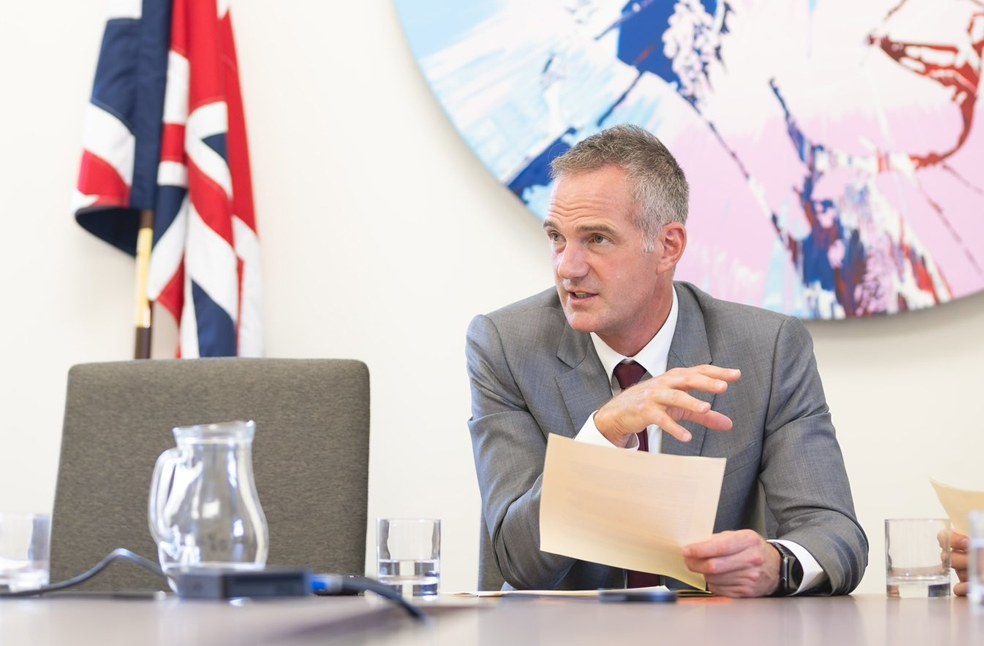London: A new survey reveals that almost half of young people would rather live in a world without the internet. The research shows that nearly 70 percent of 16- to 21-year-olds feel worse about themselves after spending time on social media.
Half of those surveyed support a ‘digital curfew’ that would restrict access to certain apps and websites after 10 pm, while 46 percent said they would prefer to be young in a world without the internet at all.
Deception and prolonged use
The study found that a quarter of respondents spend four or more hours a day on social media, and 42 percent admitted to lying to their parents or guardians about their online activities. Among the respondents, 42 percent have lied about their age online, 40 percent have created decoy or ‘burner’ accounts, and 27 percent have pretended to be someone else.
These results come after UK Technology Secretary Peter Kyle hinted that the government is considering mandatory cut-off times for popular apps like TikTok and Instagram.

Rani Govender, NSPCC’s policy manager for child safety online, pointed out that while digital curfews may be helpful, they cannot fully protect children from harmful online content without additional measures. Govender emphasized the need for safer, less addictive platforms for children, highlighting that risks persist outside curfew hours.
The survey, conducted by the British Standards Institution with 1,293 young participants, also found that 27 percent have shared their location with strangers online. Three-quarters reported spending more time on internet since the pandemic began, and 68 percent said this increased online time negatively affects their mental health.
Andy Burrows, CEO of the Molly Rose Foundation, a suicide prevention charity, said that its clear young people recognize online risks and want tech companies to act. The CEO warned that algorithms can trap youth in cycles of harmful and distressing content unintentionally.
Burrows called for urgent new laws to enforce a ‘safe by design’ approach, prioritizing children’s and society’s needs over big tech interests.



